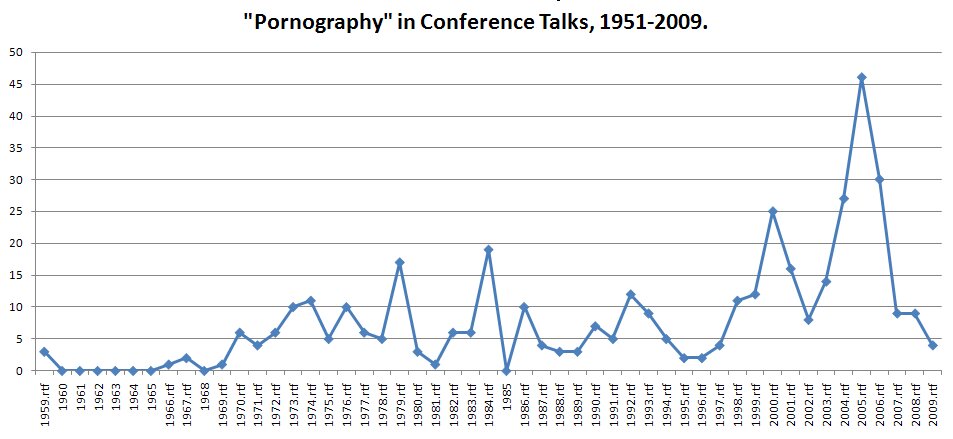The Wall Street Journal points out the log in our own eye:
From Hollywood to the academy, nonbelievers are convinced that a decline in traditional religious belief would lead to a smarter, more scientifically literate and even more civilized populace.The reality is that the New Atheist campaign, by discouraging religion, won’t create a new group of intelligent, skeptical, enlightened beings. Far from it: It might actually encourage new levels of mass superstition. And that’s not a conclusion to take on faith — it’s what the empirical data tell us.
“What Americans Really Believe,” a comprehensive new study released by Baylor University yesterday, shows that traditional Christian religion greatly decreases belief in everything from the efficacy of palm readers to the usefulness of astrology. It also shows that the irreligious and the members of more liberal Protestant denominations, far from being resistant to superstition, tend to be much more likely to believe in the paranormal and in pseudoscience than evangelical Christians.
The WSJ article goes on to cite another, equally distressing poll:
According to the Pew Forum on Religion & Public Life’s monumental “U.S. Religious Landscape Survey” that was issued in June, 21% of self-proclaimed atheists believe in either a personal God or an impersonal force. Ten percent of atheists pray at least weekly and 12% believe in heaven.
Yes, you read that right. “Atheists” who believe in god, heaven, and the power of prayer. Let’s just hope that these are the same “atheists” who in the other survey report believing in palm readings and astrology!
Ugh. Articles like these make me wonder whether my faith in human rationality is just that—faith. It just goes to show that religion is not the source of irrationality, but is rather a symptom. Many manifestations of that irrationality aren’t even religious in nature. Consider Bill Maher. While criticizing people’s unscientific religious beliefs on his HBO show and in his film Religulous, Maher himself peddles discredited anti-vaccination arguments. Famed “debunker” James Randi is also at odds with the scientific community, as he recently expressed doubts about anthropogenic global warming.
The relationship between atheism and superstition is not necessarily causal. Confounding factors abound. But if nothing else, we should take these findings as a challenge to be better skeptics and as a reminder that a more reasonable society demands more than mere secularism.
 Well, we can now add another Idahoan to that list of crazy. Rex Rammell is a long-shot candidate in the 2010 Idaho gubernatorial race. A few months ago, Rammell made headlines for joking to hunt Obama. He stirred up another controversy just yesterday. Rammell announced a series of campaign meetings that will only be open to “faithful priesthood-holders of the LDS Church.” The purpose of the meetings is to discuss the White Horse prophecy. As you can glean from the flyer, the prophecy suggests that there is an imminent threat to the US Constitution and that Mormon Elders will rise up to restore it.
Well, we can now add another Idahoan to that list of crazy. Rex Rammell is a long-shot candidate in the 2010 Idaho gubernatorial race. A few months ago, Rammell made headlines for joking to hunt Obama. He stirred up another controversy just yesterday. Rammell announced a series of campaign meetings that will only be open to “faithful priesthood-holders of the LDS Church.” The purpose of the meetings is to discuss the White Horse prophecy. As you can glean from the flyer, the prophecy suggests that there is an imminent threat to the US Constitution and that Mormon Elders will rise up to restore it.
 While reading Dinosaur Comics, as I often do, I came across this. For those of you who attended Aaron’s excellent presentation, this will all sound pretty familiar. If you didn’t get a chance to go, this comic sums it up pretty nicely, actually. Plus, it’s got dinosaurs.
While reading Dinosaur Comics, as I often do, I came across this. For those of you who attended Aaron’s excellent presentation, this will all sound pretty familiar. If you didn’t get a chance to go, this comic sums it up pretty nicely, actually. Plus, it’s got dinosaurs. 
